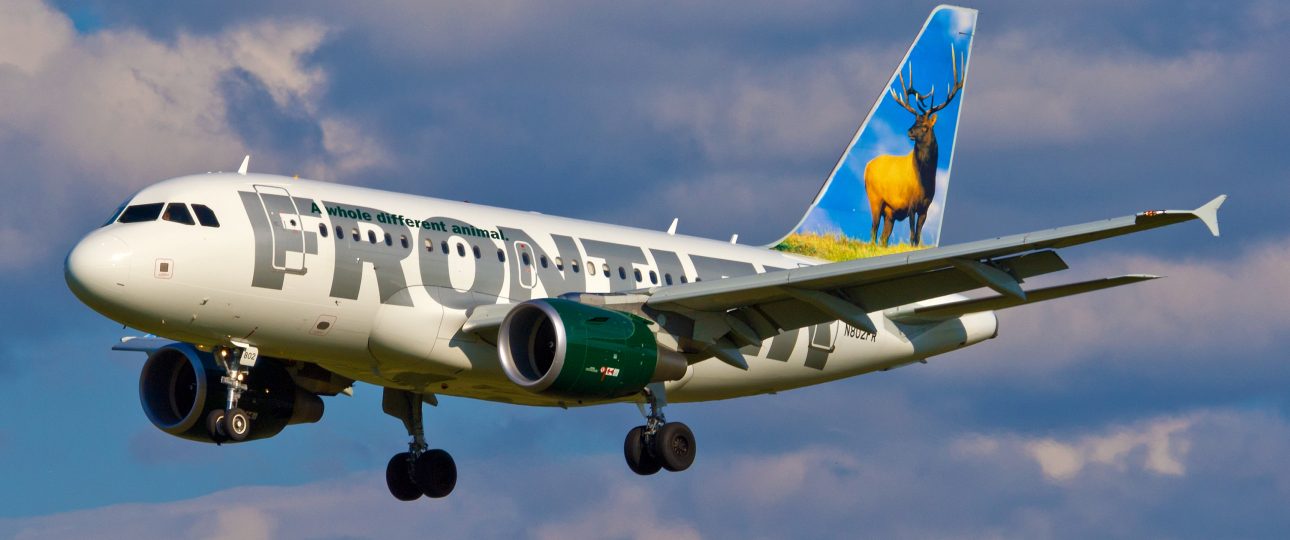What are the top reasons to become a commercial pilot? Being an airline pilot is probably one of the best jobs in the world, but it’s no easy task. You’ll be responsible for commanding commercial flights, flying passengers to long or short-haul destinations all whilst enjoying an office above the clouds and travelling around the globe. Typically, there will be two pilots to every aircraft; a captain and a supporting first officer. You will take turns to fly the plane; one will operate the controls, while the other liaises with air traffic control and completes paperwork.
High quality resources to receive a commercial pilot license with thePilot.in professional help? ThePilot – is a training setup started by Airline Pilots with more than a decade of hands-on industry experience, information & resources to facilitate a leading international Standard Professional Pilot programs. It is structured to encompass all the legal requirements as mandated by the DGCA, facilitate Pre & Post procedures and paperwork to allow you to focus on your Pilot Training. Our Vision is to facilitate Quality, Cost-Conscious & Genuine Professional Pilot Training Programs.
Pilots don’t really get better employee perks than anyone else who works for the airline. While they can fly for free, they have to wait for a standby (available) seat to be open on a flight, and most pilots planning a vacation or structured itinerary don’t want to be at the mercy of that variable. “It’s too unpredictable,” says Patrick Smith, a first officer (co-pilot) and author of Cockpit Confidential. “If a baggage handler has more seniority than me, he’ll be ahead on the standby list.” Eric Auxier, a captain with more than two decades of experience for a major carrier, says that most name-brand airlines prohibit taking anything into the cockpit that could serve as a distraction: no magazines, no paperbacks, no music, and no knitting. “We talk amongst ourselves,” he says. “That’s all we’re legally allowed to do.”
If flying is your dream, but you’re wondering if you’re too old (or young) to start training, this guide is for you. Maybe you’ve always loved airplanes or helicopters and just never got around to becoming a pilot, or maybe your love of aviation came later in life. Either way, it isn’t too late to get your pilot’s license. The only caveat to obtaining your pilot’s license is whether or not you can pass the FAA medical exam. This medical exam determines whether you’re physically and mentally fit to fly an airplane or helicopter. If you’re able to pass this exam, then your age won’t stop you from becoming a pilot. You may be wondering whether you’ll be alone in pursuing aviation later in life, but this is definitely not the case. In fact, retired veterans make up a significant portion of flight school students. This is because many veterans are able to use their GI Bill to cover most of the flight training costs. If you’re a veteran and want to start a career in aviation (or get a license just for fun), then finding a flight school that accepts full VA Benefits should be a top priority.
How Do You Become A Great Commercial Pilot? Certain qualities and skills makes a great commercial pilot. Being good at something you’re passionate about like flying not only makes you more experienced, but it opens you to more opportunities as well. Here are some of the ways you can become a great commercial pilot. A pilot’s job requires a lot of concentration over long hours of work. In flying, there is little room to make errors, as such errors can prove to be costly. This is why in order to have better safety, commercial pilots must pay great attention to detail and cultivate good observational skills and a habit of long attention span. Find extra information on https://www.thepilot.in/.



